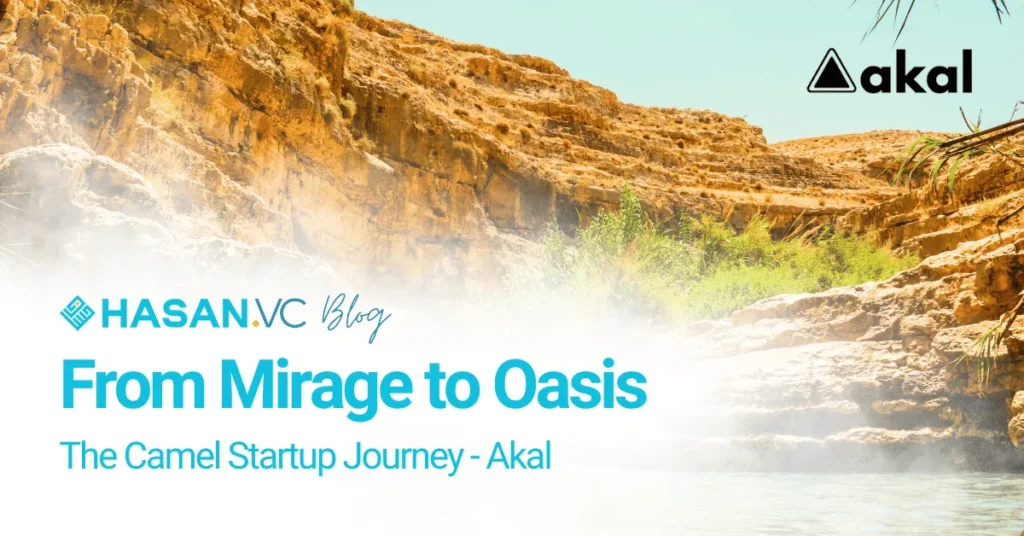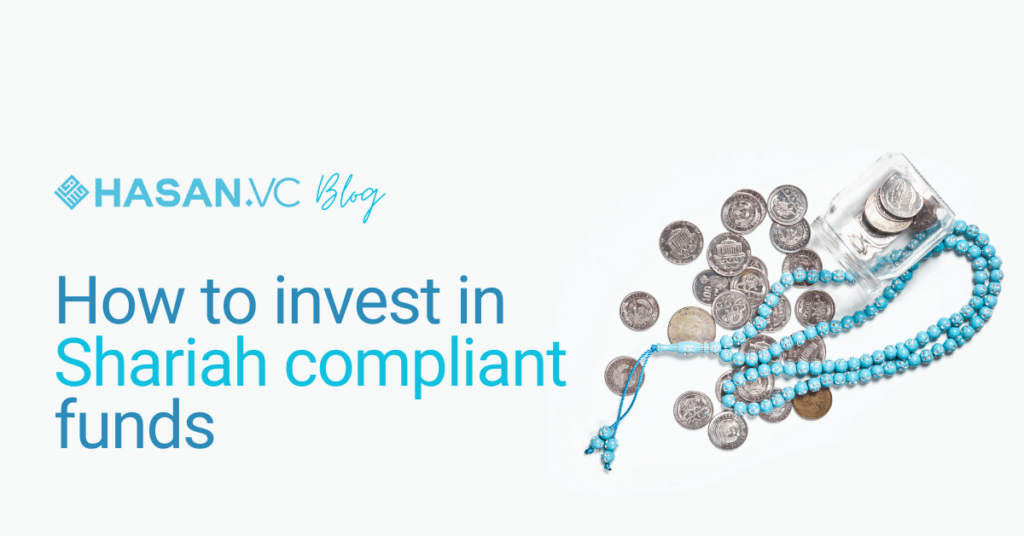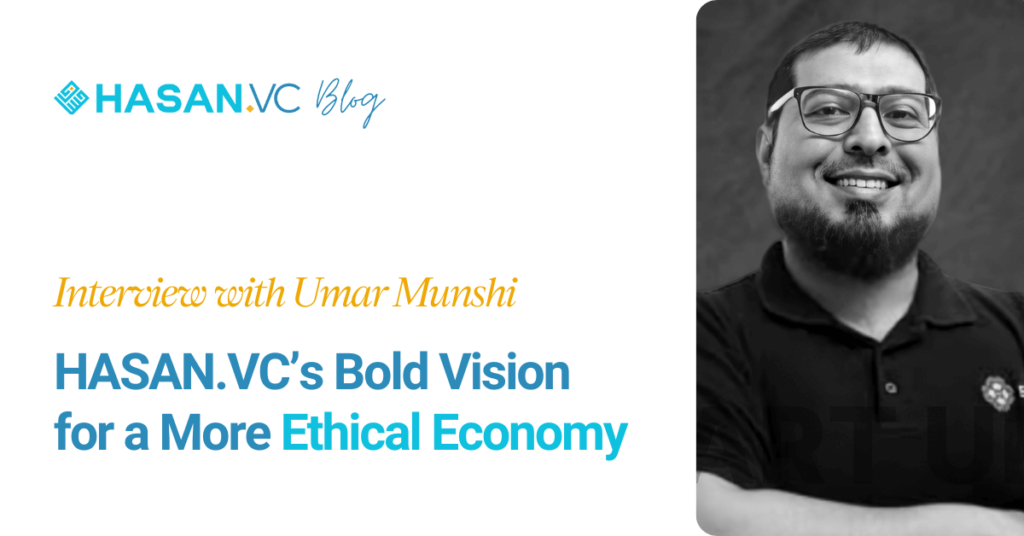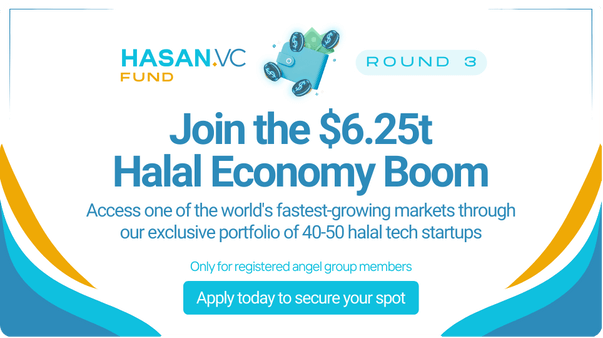In a digital landscape full of fast-paced launches and quick exits, Akal stands out as a practical, resilient platform designed to serve a clear and growing need—supporting Indonesian online educators. Born not from market hype, but from a founder’s own pain points, Akal is purpose-built to help class creators receive payments easily, manage promotions, and grow their online education business.
This is not just another startup. Akal is a mission-driven tool for educators—created by one.
The Frustration That Sparked Akal: A Founder’s Journey from Problem to Platform
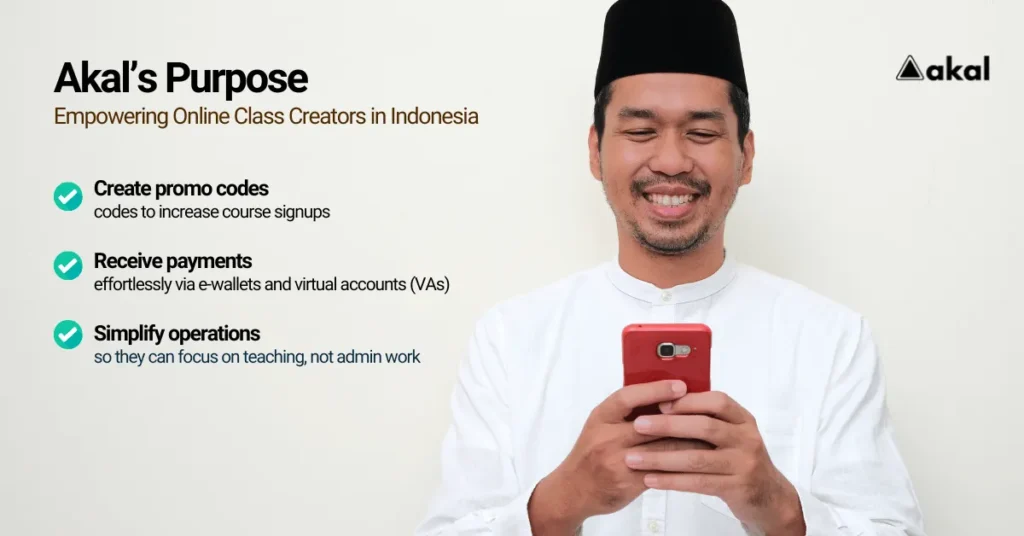
Like many impactful startups, Akal began with a personal frustration. Riza Herzego, the founder, was teaching online with friends, only to run into the same recurring issue: how to collect payments efficiently.
“We were using Google Forms and validating payments manually. It was messy and time-consuming,” he recalls. This inefficiency wasn’t just his problem—it was a common pain point shared by many fellow educators and content creators in Indonesia.
Instead of waiting for a perfect solution to appear, he built a Minimum Viable Product (MVP)—a basic feature that allowed class providers to validate and receive payments easily. The MVP struck a chord. People used it. And more importantly, they kept using it.
That was the moment Akal became real.
Akal’s Purpose: Empowering Online Class Creators in Indonesia

At its core, Akal helps Indonesian educators and digital content creators:
- Create promo codes to increase course signups
- Receive payments effortlessly via e-wallets and virtual accounts (VAs)
- Simplify operations so they can focus on teaching, not admin work
It’s not just a payment tool—it’s a platform designed to fuel growth for small educational businesses and solo creators.
Lessons from a Failed Startup: Why Akal Took a User-First Approach

This isn’t the founder’s first entrepreneurial attempt. A previous startup in 2015 faltered due to a common misstep: building a product before understanding the customer.
“Back then, we built the product first and then tried to find customers. It didn’t work,” he reflects.
With Akal, the approach was completely different:
- Start with a market hypothesis
- Interview potential users
- Identify existing tools they use and what frustrates them
- Test a small solution before building a full product
This lean, customer-first process ensured that Akal solved a real, validated problem—one that users were already eager to solve.
Biggest Challenge: Finding the Right Co-Founder

Building a startup is never a solo journey. But finding the right partner proved to be one of the most difficult tasks.
“I changed co-founders four times. Some had the skill but no commitment, others were committed but lacked the right skill set.”
Eventually, the founder developed a trial method: work with potential co-founders for 1–3 months, then evaluate alignment. If it didn’t feel right after a month, the partnership didn’t continue. That strategy led him to a strong, aligned co-founder—a critical turning point for Akal’s success.
Milestones That Matter: Creating Real Value for Users

For Akal, success isn’t just measured in revenue – it’s measured in impact.
One of the platform’s most meaningful milestones was helping educators earn significant income through their classes. But more than that, it enabled them to deliver better learning experiences to students.
“We saw professionals and organizations using Akal to run their own bootcamps and classes. They could focus on content while we handled the backend.”
That real-world utility proved that Akal wasn’t just a product—it was a partner in their growth.
Staying Ahead of Competitors: Building for the Network Effect

With Indonesia’s booming edtech and creator economy, competition is increasing. But Akal is playing a different game.
“We’re building a product with a network effect,” the founder explains. “We want users to spend more time on our platform because it gives them more value the longer they use it.”
Instead of simply replicating features, Akal is focused on creating an ecosystem that integrates into the educator’s workflow—from promotions to payments to reporting.
Advice to Aspiring Founders: Validate Deeply, Build Purposefully
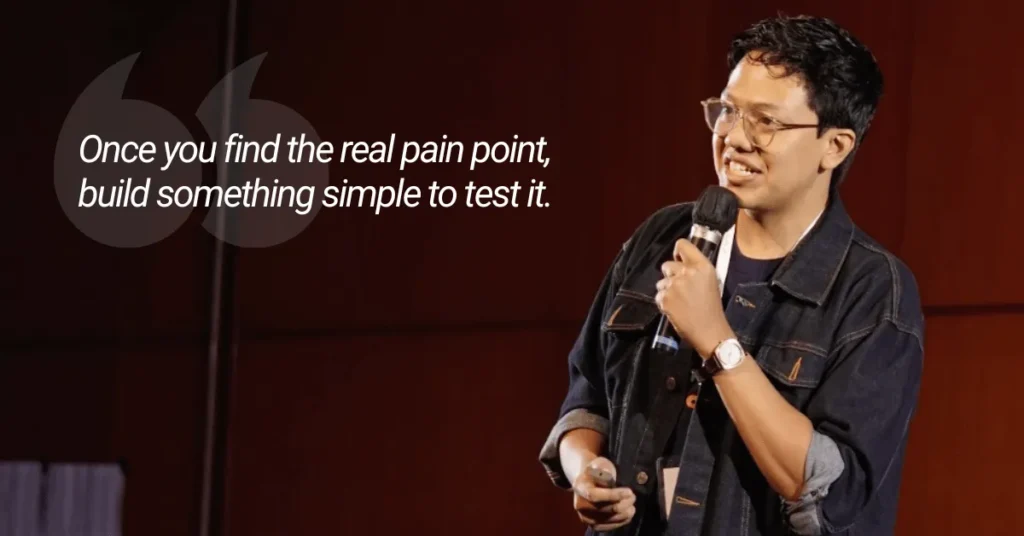
Reflecting on his journey, the founder offers grounded advice:
“Don’t build first and then think about how to get customers. That’s the trap I fell into with my first startup. Every startup is different—you need to find your own answers around distribution, market fit, and monetization.”
He emphasizes that startups aren’t just about solving any problem—they’re about solving the right problem for a specific audience.
“Validate deeply. Once you find the real pain point, build something simple to test it. If people use it again and again, you’re on the right track.”
Final Thoughts: Akal Is More Than a Tool – It’s a Movement
In a world where many edtech startups chase rapid scale at the expense of depth, Akal is taking a different path—one shaped by sustainability, empathy, and long-term vision. As a camel startup, it isn’t driven by burn rates or blitz-scaling. It’s built to last, to adapt, and to serve – quietly but effectively – by focusing on the real needs of Indonesia’s educators and creators.Born from lived experience, Akal isn’t just another platform. It’s a tool for transformation – offering more than just payment infrastructure. It offers autonomy: the freedom to teach, to grow, and to build meaningful, sustainable digital education businesses on their own terms.
Stay ahead of the queue by joining our mailing list for latest updates on events and investment opportunities.
